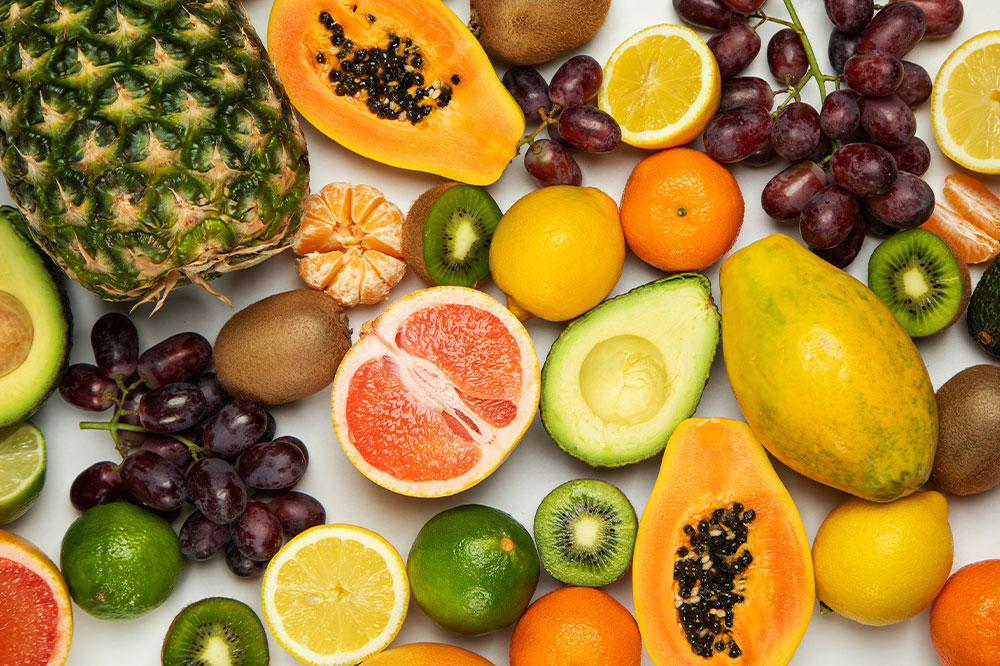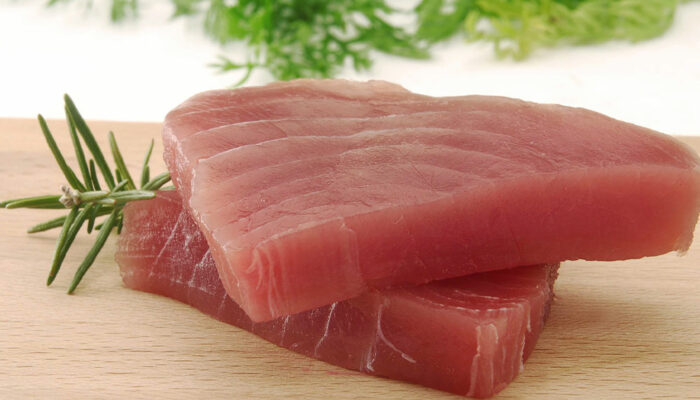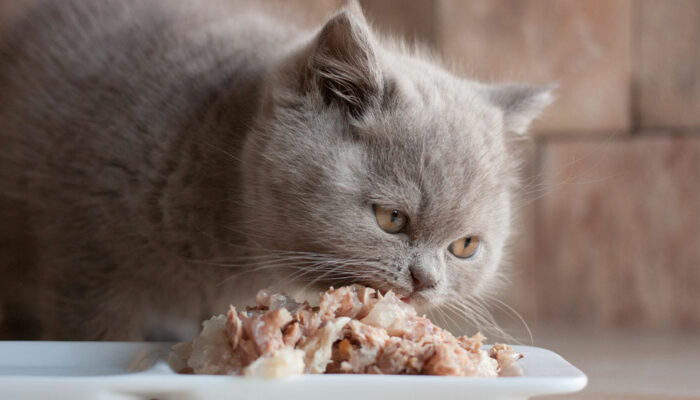8 avoidable foods for those with schizophrenia

Schizophrenia is a progressive mental illness that often first manifests in adolescence. Its defining characteristics include a wide range of severe psychiatric symptoms, such as hallucinations, delusions, accompanying jumbled ideas, social withdrawal, and paranoia. What one eats affects their mental health, even though hereditary and environmental variables are known to play an undeniable role. Taking precautions to avoid these food items to deal with this mental condition is always worthwhile.
Carbohydrate-rich foods
Schizophrenia patients have shown some success with symptom relief from a ketogenic meal plan, i.e., low carbs, moderate proteins, and high fats. The “carb flu,” on the other hand, is a regular occurrence for those making the switch to a low-carb meal – symptoms worsen before they improve.
Artificial sweeteners
Using artificial sweeteners instead of sugar in desserts is not the solution one thinks it is. Artificial sweetener use has been associated with mental health issues, albeit the precise cause remains unknown. Artificial sweeteners have little nutritional value and increase sugar intake rather than decrease it, which might lead to overuse. Therefore, resisting the need to eat sugar without artificial sweeteners may be more advantageous. The natural sugar in fruits might satisfy one’s cravings, but one should only do that occasionally.
Gluten-rich foods
The culprit, which is difficult to digest and linked to numerous unfavorable functions, is gluten. This protein, found in grains like wheat, rye, and barley, can cause hallucinations, cognitive fog, and poor communication. Given how challenging it is to avoid gluten, one might wish to have a doctor check for celiac disease before starting an elimination meal plan.
Sugary foods
It may not be necessary to completely cut out all carbohydrates from the daily meal for schizophrenics. However, sugar should be avoided at all costs by those with schizophrenia. Although sugar may not be the direct cause of schizophrenia, it can increase mood swings and impair memory, making whatever issues one may be experiencing much worse. Additionally, one shouldn’t have foods with added sugars.
Cheese
One might have heard that dairy causes inflammation, which is problematic because such a reaction can negatively affect the body. But this statement is only partially accurate. Dairy products may be anti-inflammatory for some individuals who tolerate them well. However, almost two-thirds of adults have some degree of lactose intolerance. It might be worth giving up dairy for a few weeks if one experiences mental or physical health issues to see if symptoms subside.
Processed food
One needs a lot more omega-3 fats and a lot less omega-6 for optimum mental wellness. A modern meal often has more omega-6s and fewer omega-3s, even though we need to have these fats in a specific ratio. An imbalance may exacerbate mental health conditions like schizophrenia and psychosis.
Superficially healthy food
Even well-liked health foods have their limits. Even if they are organic, a meal high in granola bars or juices can easily have more sugar than is advised, and salads without the correct dressings can either have too little or too much fat. To determine whether a certain food meets the nourishment needs, one should assess each dish according to its merits and in the context of a day or week.
Coffee
Nowadays, caffeine addiction is so widespread that we hardly ever talk about it. One’s mental well-being could be harmed even if having one, two, or three cups in the morning may seem like a ritual. One may experience jitteriness and anxiety from caffeine, which can disrupt sleep patterns and cause withdrawal symptoms, worsening the effects of schizophrenia.
If one suffers from a mental health condition such as anxiety, depression, or even schizophrenia, one should stay away from these specific foods and plan meals accordingly.



